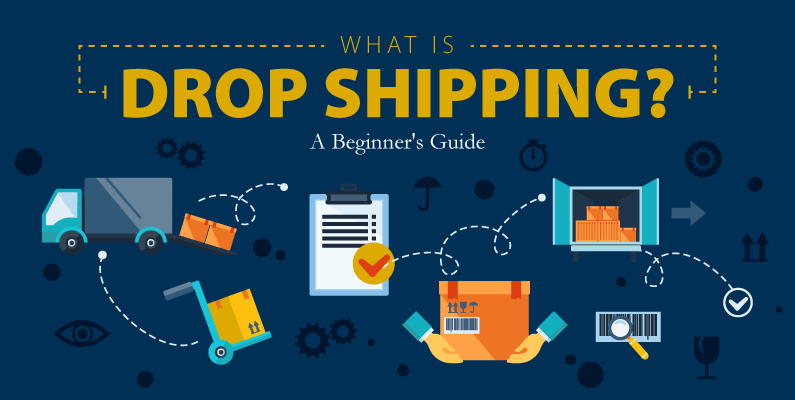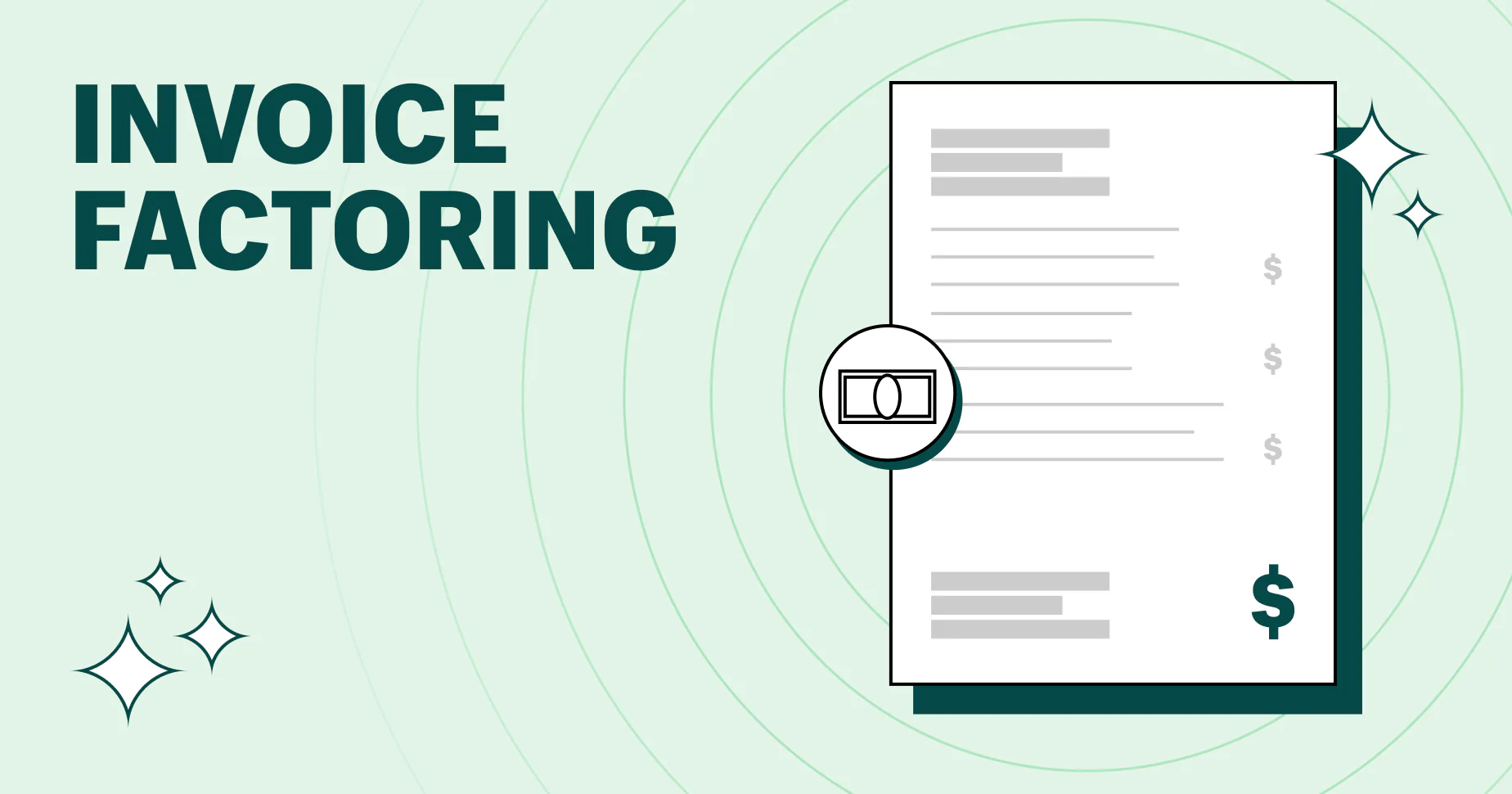If you’ve been looking for a way to run an online business without keeping stock or worrying about delivery logistics, dropshipping might be the perfect fit. It’s one of the easiest and lowest-risk eCommerce models in the world, and yes, it works in Nigeria too. Learn how to start a dropshipping Business in Nigeria. Stay organized as you grow. Use ProInvoice to manage billing and client relationships with ease.
With dropshipping, you don’t buy products upfront. You only purchase them when someone places an order. Your supplier handles packaging and shipping, while you focus on marketing and customer experience.
And as you scale, it’s important to handle your business professionally—send invoices, track sales, and build trust with clients. That’s why tools like ProInvoice are essential for serious dropshippers.
In this guide, you’ll learn how to start a dropshipping business in Nigeria in 2025—from picking a product to collecting payments and invoicing like a pro.
1. What is Dropshipping?
Dropshipping is an order fulfillment method where you sell products without holding inventory. Instead, when a customer orders from your online store or social media page, you purchase the item from a supplier who ships it directly to the buyer.
You:
- List the product
- Get the order and payment
- Forward the order to your supplier
- Keep the profit margin
It’s that simple. No warehousing, no upfront bulk buying, no delivery stress. Also, make sure you have the right invoicing tool for your drop shipping business. Proinvoice offers the best e-invoicing
2. Why Dropshipping Works in Nigeria
Nigerians are becoming more comfortable with online shopping. Combine that with:
- Rising smartphone use
- Strong social media presence
- Youth-driven digital marketing skills
- Global supplier access
…and you have a hotbed for dropshipping success.
Benefits:
- Low startup capital (start with ₦50,000 or less)
- Location flexibility
- Scalable business model
- Zero inventory or warehousing needed
3. Step-by-Step Guide to Starting a Dropshipping Business in Nigeria
Step 1: Choose a Niche
Go for products that solve problems or are trending. Some hot niches in Nigeria:
- Gadgets (earbuds, power banks, smartwatches)
- Beauty & skincare tools (facial cleansers, blackhead removers)
- Fashion accessories (shapewear, bags, sneakers)
- Home essentials (LED lights, organizers)
- Baby & kids items (educational toys, wearables)
Avoid fragile items, liquids, or products with customs complications.
Step 2: Find a Reliable Supplier
Top options include:
- AliExpress – Great for single-item purchases with buyer protection
- 1688 (via agents) – Cheapest option but requires agents for English and logistics
- CJ Dropshipping – Offers global warehouses and branding services
- Spocket / Zendrop – For US/UK dropshipping with faster delivery
- Local Nigerian suppliers – Useful for faster local delivery and PoD
💡 Pro Tip: Test your supplier with a personal order before selling to customers.
Step 3: Build Your Storefront or Sales Channel
You don’t need a full website to start. Here are quick options:
- Instagram + WhatsApp Business
- Paystack or Flutterwave Storefront
- Jumia/Konga seller account
- Shopify, WooCommerce, or Ecwid for a full store
Whichever you use, ensure:
- Product photos are clean
- Descriptions are clear
- Payment and delivery info is obvious
- You can collect customer details easily
Step 4: Set Your Pricing and Profit Margin
Factor in:
- Product cost
- Shipping fee
- Platform charges (if using Shopify or ads)
- Profit (aim for 30%–70% markup)
Example:
| Item | Amount (₦) |
|---|---|
| Product cost (from supplier) | ₦4,000 |
| Shipping | ₦1,500 |
| Selling price | ₦9,500 |
| Profit per item | ₦4,000 |
Track sales, expenses, and profits easily with ProInvoice.
Step 5: Promote Your Products
This is where success happens. Some tactics:
- WhatsApp marketing: Use broadcast lists and status updates
- Instagram & TikTok: Create short demo or before/after videos
- Facebook ads: Run simple conversion campaigns
- Influencer marketing: Collaborate with micro-influencers
- Word-of-mouth: Offer incentives for referrals
Keep your content relatable, mobile-friendly, and benefit-driven.
4. How to Receive Payments
You can accept payments through:
- Bank transfer
- Pay on delivery (PoD)
- Online payment gateways like Paystack, Flutterwave
- ProInvoice payment links – share links via WhatsApp or email with embedded payment options
📩 Use ProInvoice to create clean, branded invoices or receipts for your customers—even if you’re selling on Instagram or WhatsApp.
5. Common Dropshipping Mistakes to Avoid
- ❌ Choosing poor-quality or unreliable suppliers
- ❌ Selling trendy but unsustainable products
- ❌ Ignoring customer service
- ❌ No proper payment or invoicing structure
- ❌ Over-relying on free traffic without learning paid ads
Run your dropshipping like a real business. That means planning, marketing, follow-up—and professional invoicing.
6. How to Handle Delivery in Nigeria
If you’re working with international suppliers:
- Set customer expectations (10–20 days delivery)
- Offer updates and tracking links
- Provide order confirmation and branded receipts
If you’re using local dropshipping suppliers, options include:
- GIG Logistics
- Kwik
- Sendbox
- Personal dispatch riders (for same-day delivery)
Always confirm availability and delivery fees in advance.
7. Tools That Make Dropshipping Easier in Nigeria
Here are some tools to make life easier:
| Tool | Purpose |
|---|---|
| ProInvoice | Create invoices, track payments, appear professional |
| Canva | Design product flyers and social media ads |
| CapCut / InShot | Edit video ads and TikTok reels |
| Paystack / Flutterwave | Collect online payments |
| Ali Hunter / DSers | Product research & AliExpress integration |
| Google Sheets | Track orders and delivery timelines |
8. Scaling Your Dropshipping Business
Once you validate your first product and get consistent orders:
- Introduce a second or third product
- Build a full Shopify or WooCommerce store
- Run consistent Facebook or TikTok ads
- Create a referral program
- Work with influencers or brand ambassadors
- Use ProInvoice to invoice wholesalers or resellers
Conclusion
Dropshipping in Nigeria is no longer a secret—it’s a proven, low-capital business model for anyone looking to earn online without owning inventory.
The key to success? Pick the right products, deliver great service, market aggressively—and operate professionally.
Start by setting up your products, promoting on social media, and when your orders start rolling in, create branded invoices with ProInvoice. It’s free, fast, and designed to help Nigerian dropshippers scale with confidence.













